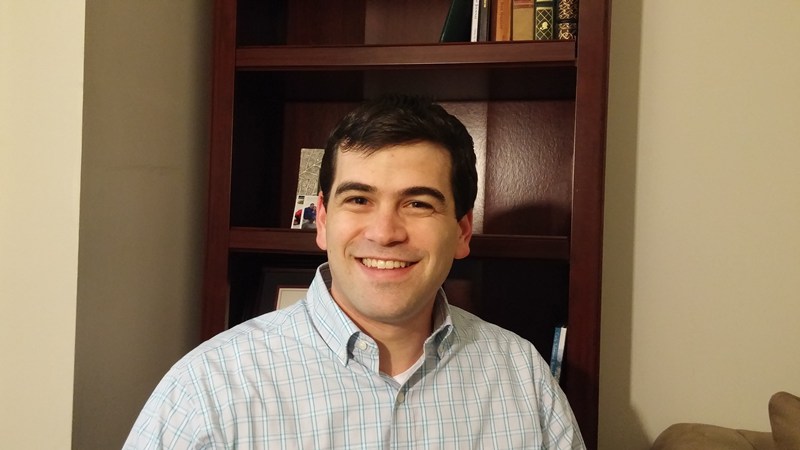Article first appeared online October 8, 2015
Do Nighttime Driving Restrictions Reduce Criminal Participation Among Teenagers? Evidence from Graduated Driver Licensing
Monica Deza, Assistant Professor, UT Dallas and Daniel Litwok, Senior Analyst, Abt Associates
What was the genesis of the idea for your research/paper?
We are both researchers with a deep interest in the effects, both intended and unintended, of policy interventions, particularly those relating to issues of criminal justice. Having been personally exposed to GDL through family and friends, the hypothesized effects of the policy on crime seemed natural and important to us. Growing up in the suburbs where everybody relies on a car to go out and then attending college in a city where people do not even own a car at all made us aware of the choices that open up to a teenager once they can drive themselves and encounter risky situations at a higher frequency. The added benefit of understanding the effects of the policy on criminal participation is important to the literature.
What is the main conclusion that becomes evident from your research? (Or, what is your main takeaway?)
States with more stringent GDL laws, particularly those with strong nighttime restrictions, see a larger reduction in criminal participation among teenagers than states with more lenient GDL restrictions.
What are some of the more interesting or surprising findings/conclusions did you find in the process of bringing this together?
There are two particularly interesting findings worth highlighting. First, we find that the largest reduction in crime occurs during times when gas prices are lowest, a time when teenagers would likely be driving the most. Second, the nighttime driving curfew is more effective at reducing crime than the restriction on the number of minor passengers allowed in the vehicle.
Click here to view article
Authors' Bios

Monica Deza is an assistant professor in economics in the School of Economic Political, and Policy Sciences at UT Dallas. Her research interests include labor economics, economics of crime, economics of risky behaviors, and applied microeconometrics. Her recent research examines the effectiveness of local economic conditions and local policies on crime. Dr. Deza has completed research focusing on the relationship between the consumption of alcohol and marijuana on future consumption of hard drugs.
Dr. Deza received her PhD in Economics from the University of California Berkeley and her undergraduate degree in Economics and Applied Mathematics from University of California Berkeley.

Daniel Litwok joined Abt Associates as a Senior Analyst after completing his Ph.D. in Economics at Michigan State University. AtMichigan State he was the recipient of the University Distinguished Fellowship as well as a fellow in the Institute
for Education Sciences Doctoral Specialization in the Economics of Education. His research focuses on the intersection between crime and economic opportunities like employment and education.
Twitter: @dan_litwok